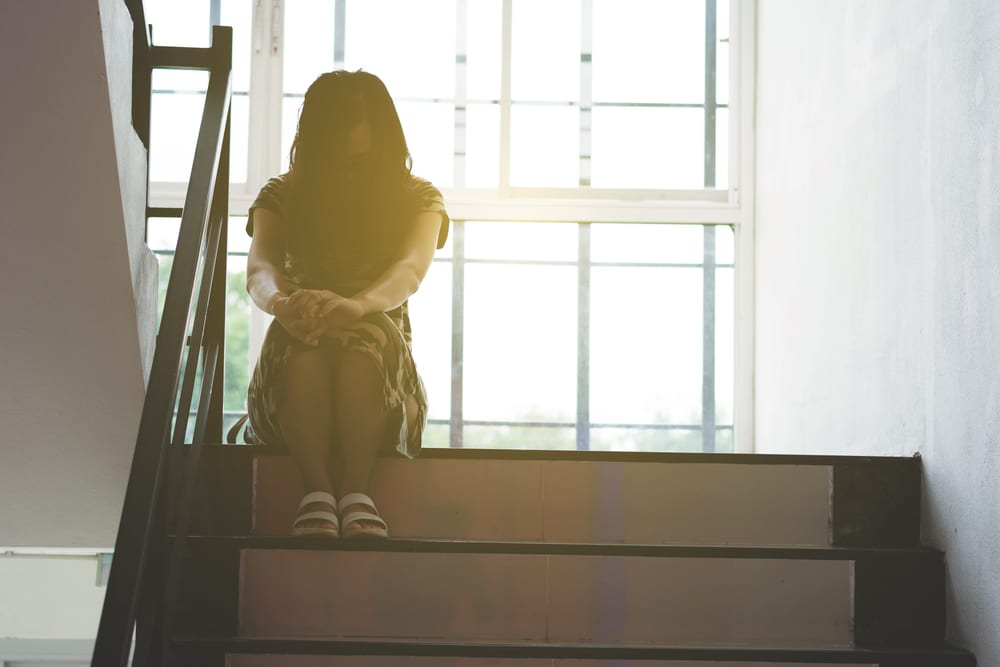
![]()
The International Day for the Elimination of Violence Against Women on November 25 is the U.N's opportunity to raise awareness and call for changes at an international, national and local level to make women and children safe from abuse.
Even before COVID-19, violence against women was one of the most widespread violations of human rights, with almost 18 percent of women and girls experiencing physical or sexual violence by an intimate partner within the last year.
During COVID-19, calls to violence against women helplines increased up to five fold in the first few weeks of the pandemic. For every 3 months the lockdown continues, an additional 15 million women are expected to be affected by violence.
In Ireland today Women’s Aid will release a report on intimate relationship abuse, including online abuse, of young people (18-25). They will also hold a seminar that will explore the main findings in the report and launch a new "Too Into You" public awareness campaign with an address by President Michael D. Higgins.
CLICK HERE TO JOIN
Calling for a “cease-fire at home”, the UN Secretary-General urged governments earlier this year to make the prevention and redress of violence against women and girls a key part of national response plans for COVID-19.
While UN Member States responded, and 135 countries have adopted measures to prevent or respond to violence against women during this global crisis, only 48 countries treat violence against women and girls-related services as an integral part of their national and local COVID-19 response plans, with very few adequately funding these measures.
The European Commission and High Representative/Vice-President, JosepBorrell says, “Violence against women and girls is a violation of human rights, and has no place in the European Union, or anywhere else in the world. The scale of the problem remains alarming: one in three women in the European Union have experienced physical and/or sexual violence. Violence against women exists in every country, culture and community. The COVID-19 pandemic has shown once more that for some women not even their home is a safe place. Change is possible, but it requires action, commitment and determination. The EU is committed to continue to work tirelessly with its partners to investigate and punish acts of violence, ensure support for victims, and at the same time to address the root causes and reinforce the legal framework. Our goal is very clear: to end all forms of violence against women and girls. We owe it to all the victims.”
If you need help call the Women's Aid National Freephone Helpline: 1800 341 900 24 hours a day, 7 days a week or send an email to: [email protected]